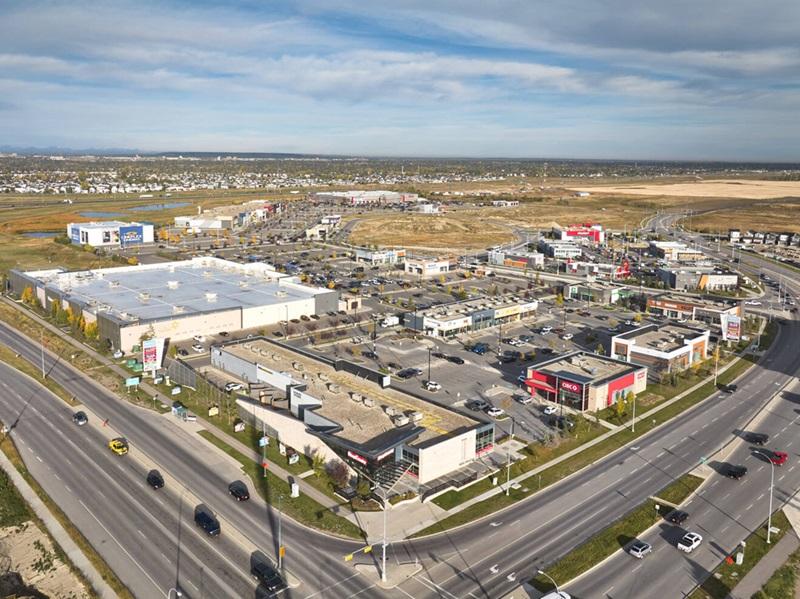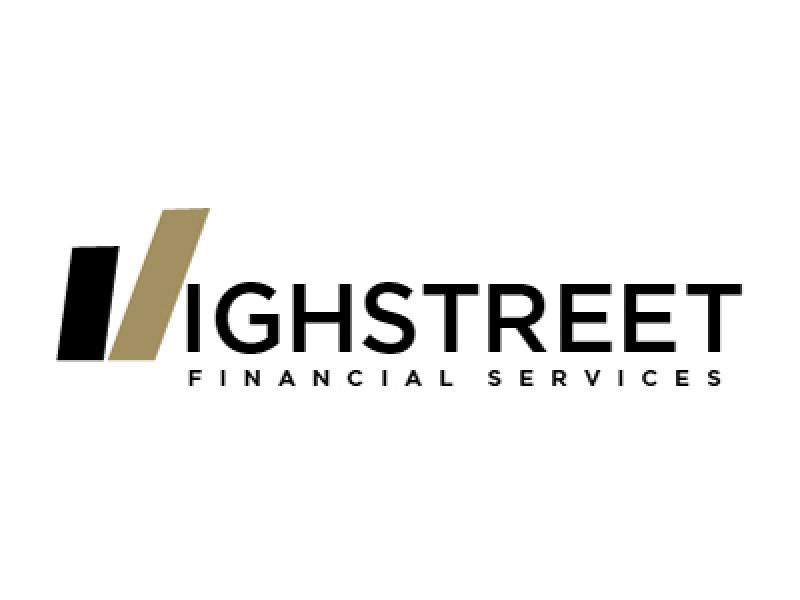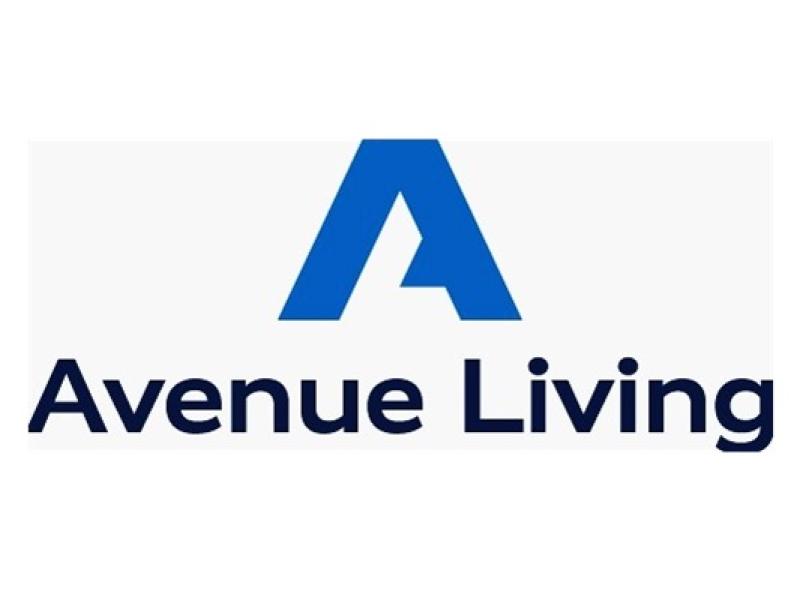
The ongoing saga surrounding Hudson’s Bay Company (HBC) stores in receivership and the sale of multiresidential buildings may be big headline generators for RioCan REIT, but the trust’s attention remains focused on its retail portfolio operations.
The REIT also revealed during its Q2 financial conference call on Friday it will exit from five properties it held financial interests in as a partner with HBC.
RioCan is no longer providing financial resources for a stand-alone HBC store in downtown Calgary, nor those in Scarborough Town Centre, Square One Shopping Centre, CF Carrefour Laval and CF Promenades St-Bruno.
“If there isn't a return on the capital of re-tenanting these boxes, and to the extent there's non-recourse debt on these properties, we’re going to take a step back and give them back to the financiers,” chief operating officer John Ballantyne told RENX in an interview following the call.
They are among 12 properties in which RioCan was a partner with HBC. RioCan had already taken a $209-million writedown on the venture in its Q1 2025 financials.
Ballantyne told RENX RioCan is now operating in a market favourable to property owners.
“The underlying business is as strong as it's ever been in the 31 years I've been at this company, and we're very much looking forward to the next few years,” said Ballantyne.
“The paradigm has very much shifted to a landlord-favoured market. What we're seeing, particularly in the major markets where we operate, is the fundamentals are extremely strong.
“Between the immigration that has happened over the last 10 years in this country and the lack of new retail space that's been constructed, it's only served to benefit companies like RioCan that own retail and grocery-anchored sites in major markets.”
Occupancy and leasing remain strong
Toronto-headquartered RioCan owns, manages and develops necessity-based and mixed-use properties. It owned a portfolio of 178 properties with an aggregate net leasable area of approximately 32 million square feet as of June 30.
About 85 per cent of those properties have a grocery component and the retail portfolio has a committed occupancy rate of 98.2 per cent.
RioCan’s retention rate of 91.6 per cent reflects an effective balance between upgrading tenant quality and preserving existing strong tenancies.
RioCan recorded 1.3 million square feet of leasing in the three months ended June 30, including 1.2 million square feet of renewals. The trust achieved a blended leasing spread of 20.6 per cent, with a new leasing spread of 51.5 per cent and a renewal leasing spread of 17.4 per cent.
“Our centres really serve the everyday shopping needs of the Canadian consumer, between grocery, pharma, value and banking,” Ballantyne said.
“There's still a strong demand from the three national grocers and what we're seeing from the value side — from the TJX banners and Dollarama — is when we have boxes available, they’re typically first in line to take these spaces.”
Infill retail intensification
Due to this demand, a lack of new development for economic reasons, and retailer willingness to pay higher rents, RioCan is intensifying existing properties with the additions of:
- 37,000 square feet at the 880,000-square-foot East Hills Shopping Centre in Calgary, with new tenants including Value Village and a bank branch;
- 18,000 square feet at the 839,000-square-foot RioCan Windfields in Oshawa, Ont., mainly for food uses;
- a combined Winners and HomeSense store that’s almost finished at the 213,077-square-foot Clarkson Crossing in Mississauga;
- and a bank pad at the 384,000-square-foot Sage Hill Crossing in Calgary.
“We're finding that these infill projects definitely pencil now and we're getting the return on our capital to justify the development,” said Ballantyne. “We're just going to continue to grow our sites.”
HBC stores
HBC continues to go through the receivership process, and RioCan had a relationship with 13 of its stores. The RioCan-HBC Limited Partnership was created in 2015 and represented 0.5 per cent of RioCan's equity on June 30.
Progress is being made with the receiver for stores at Oakville Place, Georgian Mall, Tanger Outlets Ottawa (owned and managed by RioCan), as well as at Yorkdale Shopping Centre, Devonshire Mall and stand-alone downtown locations in Montreal, Vancouver and Ottawa.
Ballantyne anticipates the situations to be resolved by the end of the year.
“Particularly for the three boxes that we manage, given what's going on in the retail market and the lack of available space, we’ve had retailers talking to us about those opportunities for the last number of years,” Ballantyne said.
Whether those three locations are leased to single operators or the spaces are divided for multiple tenants, Ballantyne said they’ll be improved and generate a “very satisfactory” return.
New land development remains on hold
While RioCan is involved with approximately 20.6 million square feet of land zoned for new development, and another three million square feet for which zoning applications have been submitted, it doesn’t plan to move on it over the next two years.
“We consider that all to be future value,” Ballantyne said. “And at this point in time, it's not part of our strategy to start putting money into this program.”
Ballantyne acknowledged Canada’s housing shortage will continue and, while there’s not much new construction happening now, that’s expected to change in the coming years. At that point RioCan would either sell its land or take a minor ownership interest with development partners.
Spending less is part of achieving RioCan’s goal of solidifying its balance sheet to pay down debt and have funds available to buy back its own stock, since the REIT believes its market price doesn’t fully reflect the underlying value and future prospects of its business.
Dispositions and acquisitions
RioCan is also monetizing its apartment buildings. After selling its 50 per cent stake in Toronto’s Strada to CAPREIT for $23.9 million late last year, it agreed to sell its 50 per cent interest in Ottawa’s Frontier, Latitude and Luma projects to Killam Apartment REIT for $136 million and its 50 per cent share in Calgary’s Brio to Boardwalk REIT for $37.4 million in May.
As of June 30, RioCan had a major market multiresidential portfolio of 14 buildings with 3,396 units and a fair value of $1.1 billion. The buildings have an average age of four years and are 94.7-per cent leased.
One of the 14, located in Toronto, has conditional sales status.
“We consider the portfolio to be one-of-a-kind in Canada,” Ballantyne said. “It's all new product with modern amenities, no rent control and really low capital requirements to run them.
“We don't see products like this hit the market too often. So we feel like it's a pristine portfolio and, to the extent that we can hit the sales price targets that we've set on each asset, we will go forward and sell them.”
RioCan also completed $53 million of lower-growth retail asset dispositions in Q2, including a Cineplex-anchored property in Edmonton, a single-tenant property, and part of an open-air retail site in Quebec.
Conversely, on April 1, RioCan acquired a 90 per cent interest in phases two and three of the Market rental community — comprised of a 16-storey, 297-apartment building — in the Montreal suburb of Laval for $125.3 million.
The acquisition was pursuant to a forward purchase agreement announced during the purchase of Phase I in 2022.
Condominium program is winding down
RioCan’s condominium program is approaching its conclusion, as construction has been completed on all of the buildings and interim or final closings are underway.
Condo and townhouse developments are expected to provide sales revenue of between $340 million and $350 million this year and between $155 million and $165 million from 2026 to 2028.










